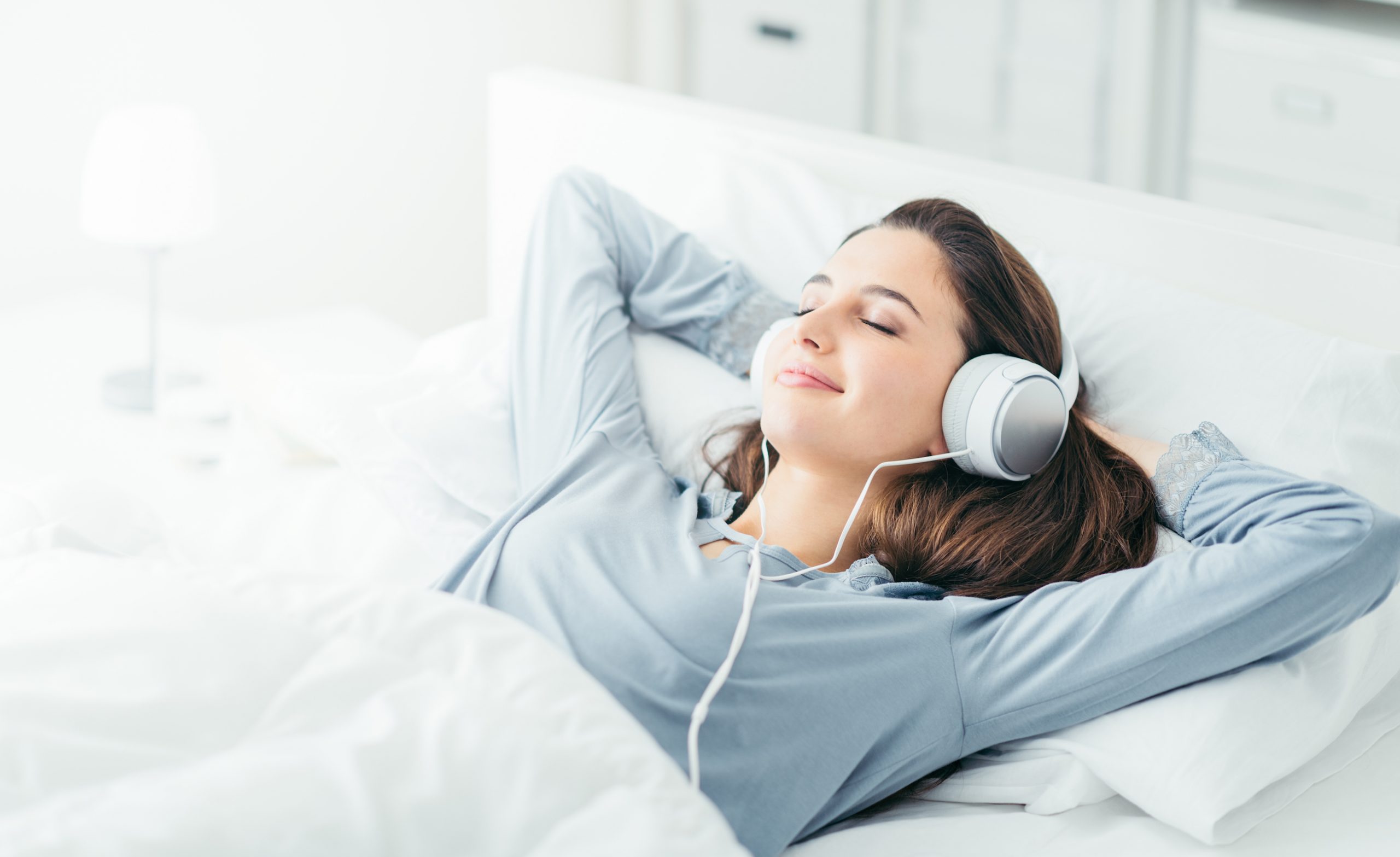If you’ve ever struggled to fall asleep, you know how frustrating it can be to stare at the ceiling, counting sheep (or worse, counting work emails). In today’s tech-driven world, an unexpected solution is emerging: AI-generated music designed to help you drift off faster. But can artificial intelligence really improve sleep? And how does it stack up against traditional sleep aids?
With platforms like Adobe Express AI music generation making it easier than ever to create soothing soundscapes, it’s worth exploring whether this futuristic approach is the real deal or just another bedtime gimmick.
Let’s dive into the science, possibilities, and practical tips for using AI music to actually get better sleep.
Why Music Affects Sleep in the First Place
Before we get into AI’s role, it’s important to understand why music even matters for sleep. Research shows that calming music can slow down your heart rate, lower blood pressure, and ease anxiety—all things that make it easier to fall and stay asleep.
In fact, a 2018 meta-analysis published in Frontiers in Psychology found that listening to music consistently before bed improves sleep quality across various age groups. Genres like classical, ambient, and slow-tempo jazz have traditionally been the go-to for sleep playlists.
But here’s the catch: what relaxes one person might not work for another. That’s where AI-generated music comes in.
How AI Music is Changing the Sleep Game
Unlike human-created playlists, AI-generated sleep music can be customized in real-time to your mood, preferences, and even physiological data (like heart rate or brainwave patterns). Tools like AI music engines analyze vast databases of sounds, tones, and rhythms scientifically proven to induce relaxation—and then create personalized soundtracks tailored just for you.
Some major benefits of using AI for sleep music include:
- Personalization: No more scrolling through endless playlists.
- Dynamic Adjustments: AI can adjust tempo and harmonies based on biofeedback.
- Endless Variety: Prevents your brain from getting too used to one song, which can decrease its sleep-inducing effects over time.
A good example? Apps like Endel and Brain.fm, which use AI-generated music backed by neuroscience research, have gained massive popularity among users seeking deeper sleep.
The Science Behind AI-Generated Sleep Music
AI music platforms typically focus on certain characteristics known to support better sleep:
- Tempo: 60–80 beats per minute (similar to resting heart rate)
- Key: Often composed in C major or other “happy” keys
- Texture: Smooth, minimalistic, and repetitive patterns without sudden shifts
- Frequency: Some even use low-frequency binaural beats that influence brainwave activity
A 2020 study published in PLOS ONE found that listening to AI-generated soundscapes led to statistically significant improvements in sleep onset and duration compared to silence.
While more large-scale studies are needed, the early signs are promising—and the low risk makes it an easy tool to try.
How to Integrate AI Music into Your Sleep Routine
Ready to give AI music a shot? Here’s a simple, actionable plan:
1. Choose the Right Platform
Look for services specializing in relaxation or sleep music. Adobe Express AI music generation tools allow you to craft custom audio experiences effortlessly if you prefer something more personalized.
2. Set the Scene
Dim the lights, put your phone on do-not-disturb mode, and start playing your AI-generated track about 30 minutes before bedtime.
3. Keep It Consistent
Like any new habit, it may take a few days or weeks to notice the full effects. Try to stick with your AI music ritual consistently to allow your body and mind to associate the sounds with winding down.
4. Avoid Overcomplicating It
Stick to simple, mellow tracks without lyrics or dramatic changes. Remember—the goal is relaxation, not stimulation.
Potential Downsides to Consider
While AI music for sleep shows lots of potential, it’s not a magic cure. If your insomnia stems from medical conditions like sleep apnea or severe anxiety, music alone won’t fix the root cause. Also, if you’re sensitive to certain sounds or rhythms, even the most carefully crafted AI tunes could be distracting rather than calming.
Always approach new sleep tools with realistic expectations—and be open to combining them with other sleep hygiene practices like limiting caffeine, reducing screen time, and maintaining a regular bedtime schedule.
Final Thoughts: A Modern Lullaby for a Modern World?
AI music for sleep improvement isn’t just hype—it’s a fascinating intersection of technology, neuroscience, and personal wellness. With growing research backing its benefits and user-friendly platforms making it accessible to everyone, AI-generated sleep music could very well become the “new normal” in how we approach better rest.
Whether you’re winding down after a hectic day or trying to optimize your nightly routine, integrating AI-powered melodies might just be the game-changer you didn’t know you needed.
After all, in a world that never sleeps, maybe it’s time to let technology help us finally get some.

